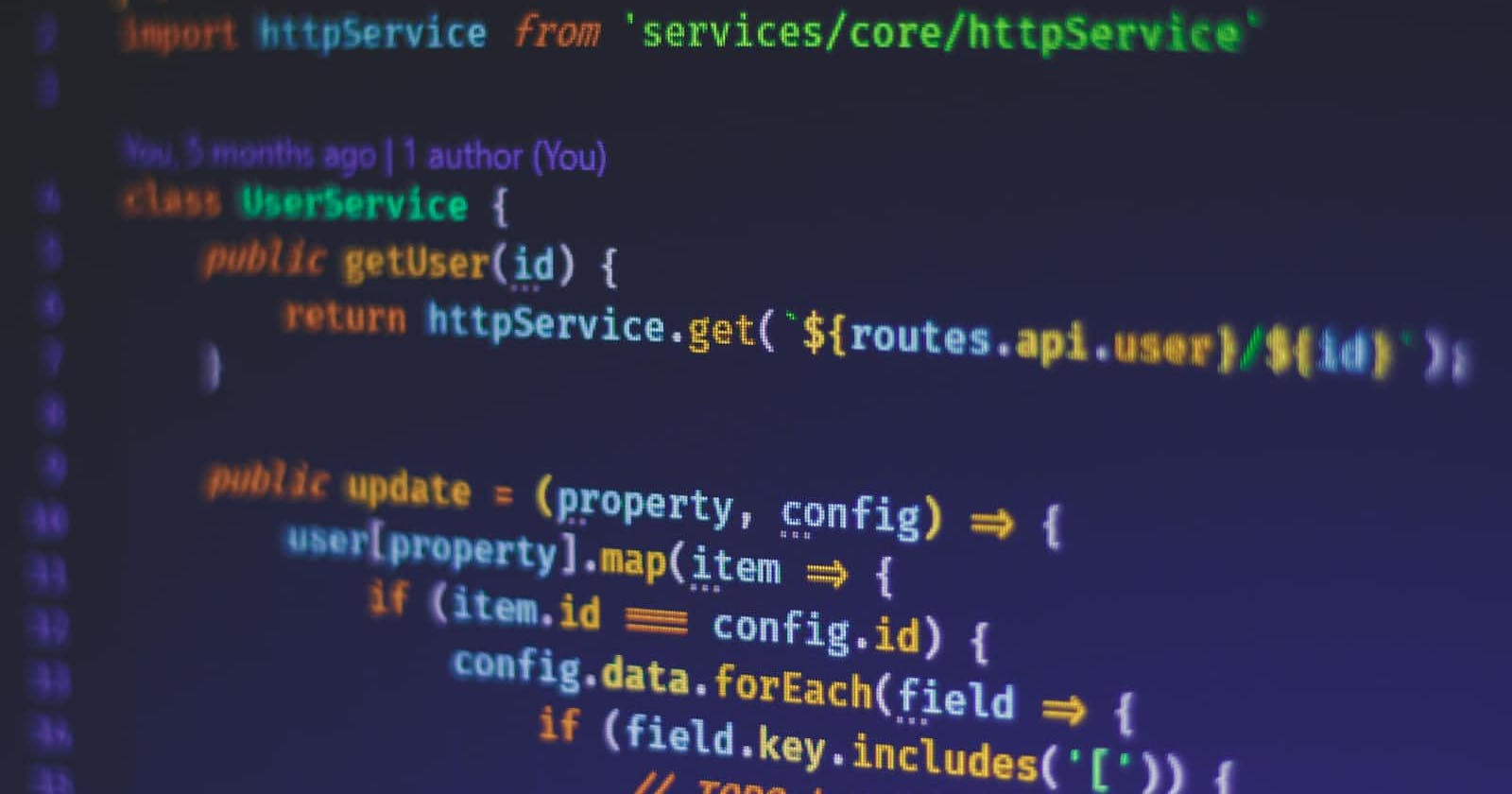
Photo by Ferenc Almasi on Unsplash
JavaScript Execution Context (Tutorial For Beginner)
What is a JavaScript Execution Context?
In JavaScript, an "execution context" is like a bubble that holds all the information and variables for a specific piece of code to run. Whenever your code is executed, whether it's a single line or a function, an execution context is created to manage and keep track of everything that happens in that code.
Imagine you're baking cookies. You have a recipe, ingredients, and a kitchen to work in. The recipe tells you what to do step by step, and you use the ingredients and tools in your kitchen. Similarly, an execution context provides a controlled environment for your code to run, with all the necessary information it needs.
Types of Execution Contexts:
Global Execution Context: This is the outermost context and represents the code that is not inside any function. It sets up the basics for your code to run.
Function Execution Context: Each time you call a function, a new execution context is created for that function. This context handles everything inside the function, such as variables, parameters, and nested function calls.
Components of an Execution Context:
Variable Environment: This is where all the variables declared in your code are stored, including function arguments and declarations.
Scope Chain: This keeps track of the variables you can access. It's like a list of all the variable environments of the current context and its parent contexts.
This Value: It refers to the context in which your code is being executed. It can change depending on how and where the code is called.
Example:
Let's look at a simple example:
var globalVar = "I'm global";
function exampleFunction() {
var localVar = "I'm local";
console.log(globalVar);
console.log(localVar);
}
exampleFunction();
console.log(globalVar);
console.log(localVar); // This will result in an error
Global Execution Context: Here, the
globalVaris declared in the global context. When theexampleFunctionis called, a new function execution context is created.Function Execution Context: Inside
exampleFunction, thelocalVaris declared in its execution context. It also has access to theglobalVar.
When you run the code:
The first
console.log(globalVar)will print "I'm global".The second
console.log(localVar)will print "I'm local".The third
console.log(globalVar)will again print "I'm global".The fourth
console.log(localVar)will result in an error becauselocalVaris not defined in the global context.
Why Does Execution Context Matter?
Understanding execution contexts is crucial because they determine how your code behaves, how variables are accessed, and how function calls are handled. Having a grasp of execution contexts helps you avoid bugs and write more organized and maintainable code.
Possible Questions:
Q: Why is there a need for execution contexts? A: Execution contexts provide an isolated environment for your code to run without interfering with other parts of your program.
Q: What happens when a function is called? A: A new function execution context is created, and the code inside the function is executed within that context.
Q: How are variables accessed across different contexts? A: The scope chain helps in finding variables by looking through the variable environments of the current and parent execution contexts.
Remember, practice is key to mastering this concept. Try writing different pieces of code with various scopes and contexts to solidify your understanding.
